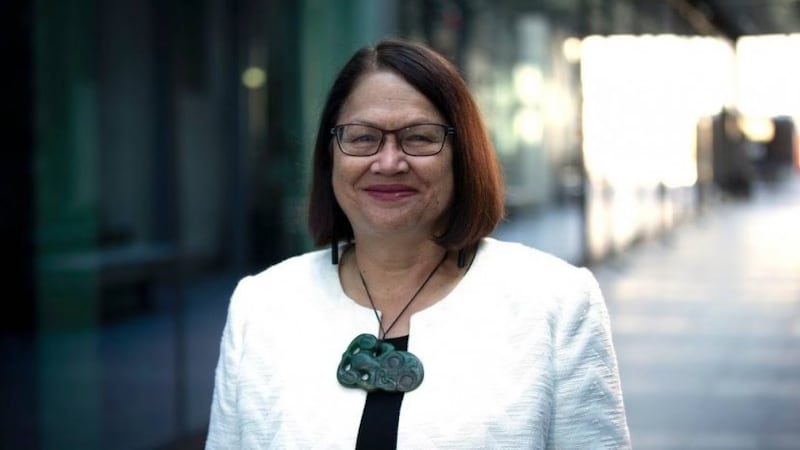Lady Tureiti Moxon is the managing director of Te Kohao Health, a Māori health provider in Hamilton, and a Waitangi Tribunal claimant. Photo / NZME
It’s been just over 18 months since the official creation of Te Aka Whai Ora/Māori Health Authority and Te Whatu Ora.
It was a brave and courageous decision on the part of the Government to create two entities within one health system as a means of creating a more equitable and fair response for all. That seed was sown two years earlier in the robust 2019 Hauora report.
The Waitangi Tribunal recommendations were clear. The health care system design and administration by the Crown had failed Māori, perpetuated health inequities and did not give effect to tino rangatiratanga.
With that disastrous context in mind, Te Aka Whai Ora was developed to build the capacity and capability of Māori Service providers to meet the needs of their own communities in their own way.
However, much time has been caught up in bureaucracy. Setting it up, getting it going, procuring the right people, transferring services from the Ministry of Health across to Te Aka Whai Ora, connecting in the Māori providers, iwi-Māori partnership boards and building relationships with other ministries and sectors to see how they can work together sharing budgets with the same aim.
We must not succumb to bureaucracy or the political negativity that has always prevented Māori from participating in the decisions that concern their own health and wellbeing.
This is a call for courageous leadership of Te Aka Whai Ora to push through both the bureaucracy and the unreasonable expectations that will become even more prevalent throughout this election year.
What is needed right now is “speed and runs on the board”.
If the system does what it’s always done, we’ll get what we’ve always got, irrespective of whether you change the name of the entity, or the leadership – it’s like changing the deck chairs on the Titanic. There is a great need for more preventative initiatives in health such as screening, diagnostics, healing services and rongoā, to name but a few.
While the thrust of the reforms must deal with inequity, that does not change overnight. Racism, the sharing of power, and resources must also be tackled as part and parcel of that meaningful transformation.
It’s simple - until Māori take control of their own waka, they are always going to be at the beck and call of someone else’s agenda. Māori must be self-determining, if the Government is really serious about change in relation to achieving good health outcomes for everybody. It is therefore imperative that power and resources are shared equitably across the whole of the health system to ensure the success of Te Aka Whai Ora.
It’s no secret that Māori have traditionally been used as a political football in every election ever held. The 2023 general election will be no exception. We have already heard many political threats proposing to get rid of Te Aka Whai Ora and turn it into a directorate in the name of “one health system for all”.
Numerous Health Reports have clearly demonstrated that one system for all doesn’t work, it hasn’t worked, and will not work because those at the front of the line will always get their needs met, while Māori languish at the back of the queue. We should be treating Māori health inequities as a crisis, not as business as usual.
The Health Reforms and the establishment of Te Aka Whai Ora was in response to the ill health and premature deaths of Māori as promised under Te Tiriti o Waitangi. It’s about a system change which enables and encourages communities to look after their own health and wellbeing. There is a need to build the capability and capacity of Māori to participate at all levels of the health system.
The current Government and successive governments must honour the covenant of Te Tiriti o Waitangi if anything is to change for the betterment of all in Aotearoa.

